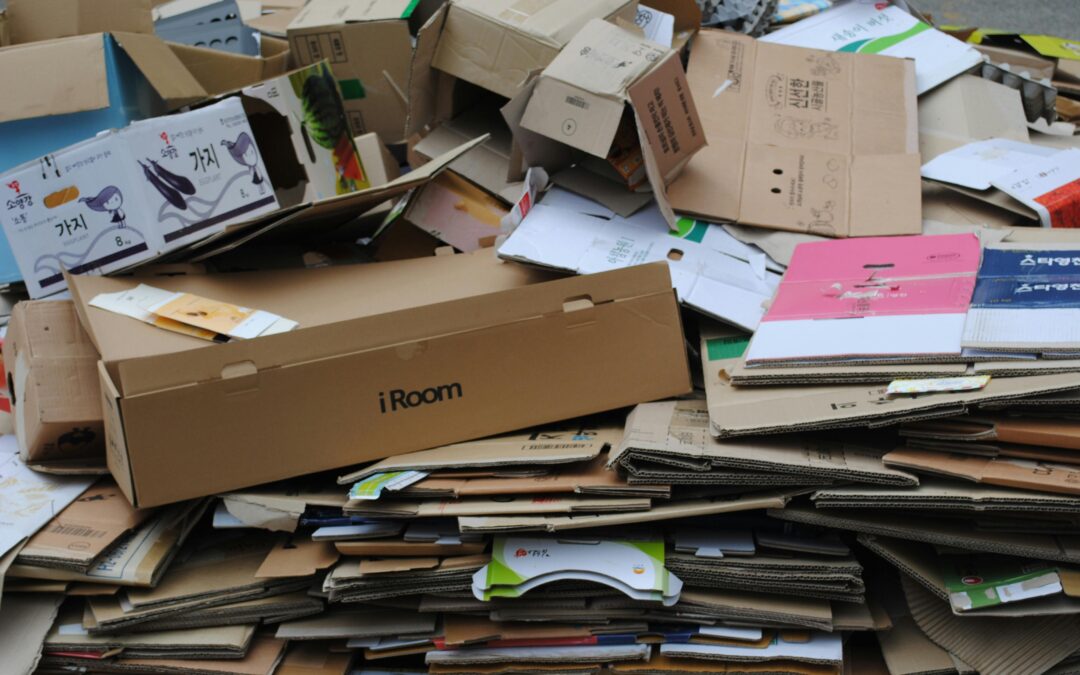Effective waste management is vital for businesses of all sizes, from small offices to large industrial facilities. Mismanaged trash disposal can lead to inefficiencies, safety hazards, and environmental concerns, making streamlined waste removal essential for maintaining clean and productive operations. Professional commercial trash removal services provide customized solutions that address diverse business needs, ensuring compliance, sustainability, and efficiency.
This guide explores the challenges of managing commercial waste, the benefits of outsourcing trash removal, and strategies for optimizing waste management in your business.
The Complexities of Commercial Waste Management
Businesses generate diverse and significant volumes of waste, often requiring tailored solutions beyond standard residential trash removal.
1. High Volume of Waste
- Daily operations produce materials such as packaging, food scraps, office waste, and industrial byproducts.
- Managing large volumes efficiently requires proper sorting, disposal, and recycling to avoid clutter and operational disruptions.
2. Diverse Waste Types
- Waste streams may include recyclables, organic waste, and hazardous materials, each requiring specific disposal methods.
- Improper handling can result in safety risks and regulatory violations.
3. Space and Accessibility
- Limited on-site storage for trash can lead to overcrowding and inefficient collection.
- Accessibility for collection vehicles or roll-off containers is essential for smooth operations.
Advantages of Professional Trash Removal Services
Hiring a commercial waste removal service brings multiple benefits, helping businesses maintain compliance and reduce environmental impact.
1. Time and Cost Efficiency
- Professionals handle the logistics of waste collection, freeing up employees to focus on core tasks.
- Options like roll-off dumpsters reduce the need for frequent pickups, optimizing waste removal costs.
2. Regulatory Compliance
- Service providers are well-versed in local waste disposal regulations, ensuring safe and lawful practices.
- Avoid fines and penalties associated with improper disposal by relying on expert handling.
3. Improved Workplace Safety
- Regular and efficient waste removal minimizes hazards like sharp objects, spills, and pest infestations.
- A clean environment fosters better health and morale among employees.
4. Sustainability Focus
- Many providers emphasize recycling and eco-friendly practices, helping businesses meet environmental goals.
Strategies for Effective Waste Management
Adopting thoughtful practices can streamline waste disposal and maximize the value of professional trash removal services.
1. Conduct a Waste Audit
- Evaluate the types and quantities of waste your business generates.
- Identify opportunities to reduce, reuse, or recycle materials.
2. Optimize Waste Segregation
- Provide clearly labeled bins for recyclables, organic waste, and general trash.
- Educate employees on proper sorting techniques to minimize contamination.
3. Schedule Regular Pickups
- Work with your provider to establish consistent collection schedules tailored to your waste generation patterns.
- Plan for increased pickups during peak operational periods.
4. Leverage Roll-Off Services
- Roll-off dumpsters are ideal for businesses with large volumes of waste or occasional bulk disposal needs.
- Flexible sizes and schedules ensure efficient handling of construction debris or seasonal waste.
Sustainable Waste Management Practices
Incorporating eco-friendly solutions benefits both the environment and your bottom line.
1. Reduce Waste at the Source
- Opt for reusable packaging or purchase in bulk to minimize single-use materials.
- Transition to digital workflows to reduce paper waste.
2. Implement Recycling Programs
- Partner with recycling facilities to handle materials like paper, cardboard, and plastics.
- Ensure proper bin placement and clear labeling to encourage employee participation.
3. Compost Organic Waste
- Food scraps and yard waste can be composted, reducing landfill contributions and creating nutrient-rich soil additives.
4. Partner with Eco-Friendly Services
- Choose trash removal providers that prioritize sustainable practices, such as recycling and green disposal methods.
Tailoring Waste Solutions to Business Needs
Different industries have unique waste management requirements. Customizing your approach ensures efficiency and compliance.
1. Offices
- Focus on paper and electronics recycling.
- Provide reusable items like water bottles and coffee mugs to reduce disposable waste.
2. Retail and Warehousing
- Implement dedicated recycling programs for packaging materials.
- Schedule more frequent pickups during high-demand periods.
3. Food Service and Hospitality
- Introduce composting for food scraps and biodegradable materials.
- Ensure bins are placed strategically to handle waste from kitchens and dining areas.
4. Construction and Industrial Sites
- Use roll-off dumpsters for heavy materials like concrete and metal.
- Separate recyclable construction debris to reduce landfill impact.
Planning for Long-Term Success
Effective planning ensures waste management systems adapt to your business’s changing needs.
1. Set Waste Reduction Goals
- Establish measurable targets, such as increasing recycling rates or reducing landfill waste.
2. Monitor Progress
- Track waste volumes and disposal methods to identify trends and improvement areas.
3. Partner with Reliable Providers
- Collaborate with experienced trash removal companies to create customized solutions.
Conclusion
Professional commercial trash removal is essential for maintaining a safe, clean, and compliant business environment. By adopting effective strategies and partnering with reliable service providers, businesses can streamline waste management processes, meet sustainability goals, and ensure operational efficiency.
Investing in proper waste removal practices is not just a logistical decision—it’s a step toward creating a more productive and environmentally responsible workplace.

Recent Comments